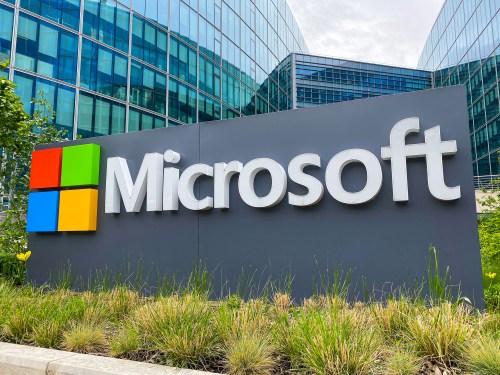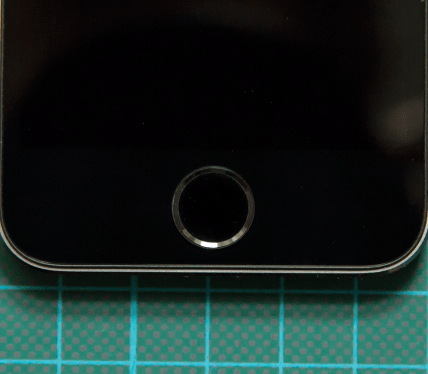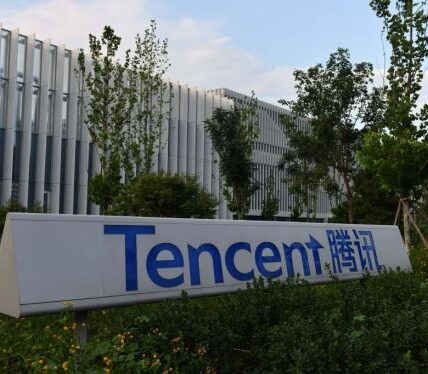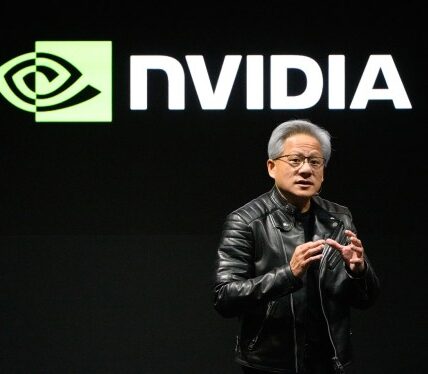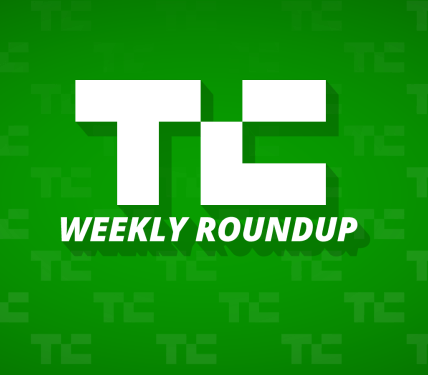Breaking the Duopoly: Microsoft’s Mobile App Store Ambitions
For years, Apple and Google have dominated the mobile app distribution market through their respective app stores. However, with the rise of regulatory scrutiny and evolving consumer behavior, a new player is emerging to challenge this duopoly: Microsoft.
In an interview with the Financial Times, Phil Spencer, head of gaming at Microsoft, outlined the company’s plans to build its own mobile games store, which will allow users to download and play Xbox and other third-party titles directly on their devices. This move is made possible by the upcoming European Union Digital Market Act (DMA), which will require Apple and Google to open up their ecosystems and allow companies like Microsoft to load their app stores onto their platforms.
The EU’s Digital Market Act: A Game-Changer for Microsoft?
The DMA, set to come into effect in March 2024, is a significant development that could shake up the mobile app market. By forcing Apple and Google to open up their ecosystems, the DMA will enable companies like Microsoft to reach a wider audience and increase competition in the market.
"We want to be in a position to offer Xbox and content from both us and our third-party partners across any screen where somebody would want to play," Spencer told FT. "Today, we can’t do that on mobile devices, but we want to build towards a world that we think will be coming where those devices are opened up."
Challenges Ahead: Acquisitions and Regulatory Scrutiny
Microsoft has been actively acquiring games studios in recent years, including Ninja Theory, Playground Games, Zenimax Media (the parent company of Bethesda), and is currently in talks with regulators to complete its deal to buy Activision Blizzard. If the acquisition goes through, Microsoft will gain control over a significant portfolio of mobile games, including Call of Duty Mobile and Candy Crush Saga.
However, the acquisition has not been without controversy. Regulators from the US, UK, and EU have raised concerns about the potential impact on competition in the gaming industry. The UK’s Competition and Markets Authority (CMA) has launched an antitrust investigation into the deal, citing concerns that it could lead to higher prices and fewer choices for gamers.
A Long-Term Commitment: Microsoft’s Plan to Appease Regulators
To address these concerns, Microsoft has signed a 10-year deal with Nintendo to bring Xbox games to Nintendo consoles. Additionally, the company has agreed to make its games available on cloud gaming services from Nvidia, Boosteroid, and Ubitus.
"We’re committed to making our games available on multiple platforms," Spencer said in an interview with GamesIndustry.biz. "We believe that’s good for gamers and it’s good for the industry as a whole."
A New Era of Competition: Microsoft’s Mobile App Store Ambitions
The emergence of Microsoft’s mobile app store is set to shake up the market, offering consumers more choice and flexibility when it comes to downloading and playing games on their devices.
While Apple and Google have dominated the market so far, regulatory pressure and evolving consumer behavior are creating opportunities for new entrants like Microsoft. As the DMA comes into effect next year, we can expect to see a significant shift in the mobile app market, with companies like Microsoft poised to take advantage of this change.
Key Takeaways:
- The EU’s Digital Market Act (DMA) will require Apple and Google to open up their ecosystems, allowing companies like Microsoft to load their app stores onto their platforms.
- Microsoft is planning to build its own mobile games store, which will allow users to download and play Xbox and other third-party titles directly on their devices.
- The company has acquired several games studios in recent years, including Ninja Theory, Playground Games, and Zenimax Media (the parent company of Bethesda).
- Microsoft’s acquisition of Activision Blizzard is currently under regulatory scrutiny, with concerns raised about the potential impact on competition in the gaming industry.
Conclusion:
The emergence of Microsoft’s mobile app store is set to shake up the market, offering consumers more choice and flexibility when it comes to downloading and playing games on their devices. As the DMA comes into effect next year, we can expect to see a significant shift in the mobile app market, with companies like Microsoft poised to take advantage of this change.
With its acquisition of several games studios and regulatory approvals for its mobile app store, Microsoft is well-positioned to disrupt the duopoly held by Apple and Google. As the market continues to evolve, we can expect to see more competition and innovation in the years ahead.
